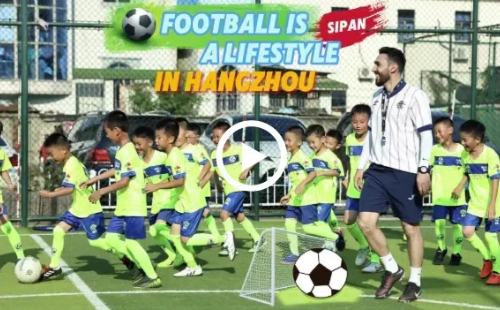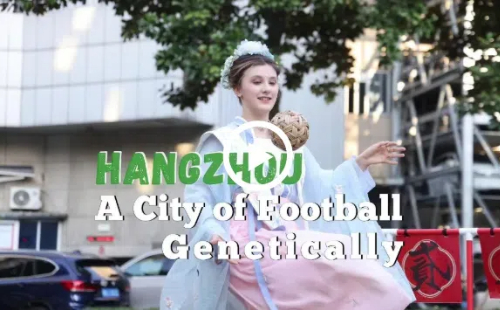China-Africa healthcare cooperation expanding
China and African countries are continuing to develop closer ties in healthcare, with the potential for broad cooperation being further explored, said experts in the field.
Under the framework of the Forum on China-Africa Cooperation and the Belt and Road Initiative, China has been actively building the "Health Silk Road", by sending medical teams, implementing talent training, promoting infectious disease prevention and control, carrying out healthcare assistance, popularizing traditional Chinese medicine and signing cooperation agreements.
Last year, workers at the Africa Centres for Disease Control and Prevention moved to their new headquarters, which was built using Chinese aid.
The building of the new Africa CDC HQ, located in Addis Ababa, the capital of Ethiopia, was announced as the flagship project of the 2018 Beijing Summit of the Forum on China-Africa Cooperation.
The project, constructed by China Civil Engineering Construction Corp, was completed in January last year, and covers a construction area of 23,500 square meters. The project includes an office building for more than 400 people and a testing facility with 10 laboratories.
It is the first African disease control center on the African continent with modern office and experimental facilities.
Chinese healthcare companies have been expanding their footprint in Africa in recent years.
Shenzhen-based BGI is a genomic sequencing company that has cooperated deeply with African countries. On April 30, the company inked a deal with the Rwanda Biomedical Center and provided 20,000 HPV tests for local women to promote screenings for cervical cancer.
Albert Tuyishime, director of the Disease Prevention and Control Department of the Rwanda Biomedical Center, said cervical cancer is a global healthcare challenge, especially for countries with limited medical resources.
The cooperation with BGI is expected to increase the local cervical cancer screening and prevention and control efficiency, and it is hoped that the cooperation can be promoted to other regions, he said.
During the pandemic, BGI established several highly automated novel coronavirus nucleic acid testing facilities in African countries.
The lab established in Addis Ababa Bole International Airport in Ethiopia, designed to process 1,000 samples per day, was capable of providing nucleic acid testing services for up to 400 passengers within three hours. With the establishment of the lab, passengers didn't need to leave the waiting hall to undergo nucleic acid testing.
In February last year, BGI provided a gene sequencer, along with the necessary training and technical support, to the South African Medical Research Council to improve its sequencing capability. This capability played a crucial role in the early detection of the Omicron variant of COVID-19 in a sample collected at Cape Town International Airport.
"The FOCAC has created valuable opportunities for Chinese companies to expand their markets and exchange technology in Africa," said Chen Songheng, Africa regional general manager at BGI Group.
"With the bilateral support of governments in China and Africa, BGI has worked together with African partners to enhance public health service capabilities, agricultural breeding capabilities and residents' living standards.
"In the future, we will further deepen cooperation, focus on innovation and progress in the fields of public health and agricultural technology, strive to benefit the people of China and Africa, and work together to build a community with a shared future for China and Africa," he said.
Wang Peng, associate research fellow at the Beijing Academy of Social Sciences, said: "In the past decade, cooperation between China and African countries in the field of healthcare has achieved significant results, demonstrating profound potential and broad prospects for cooperation. This cooperation not only promotes resource sharing, technological exchange and capacity building between China and Africa, but also provides strong support for the development of healthcare in African countries."
He noted that in the future, possible collaborations for China and Africa include deepening cooperation in medicine and healthcare, promoting the development of TCM, strengthening the construction of the public healthcare system and promoting the overall development of the healthcare industry.
Lin Xianping, secretary-general of Hangzhou City University's cultural and creative research institute, said: "When doing business in Africa, Chinese enterprises should respect local laws and regulations as well as customs. They should also adhere to business and professional ethics to maintain business reputation and image."





 play
play